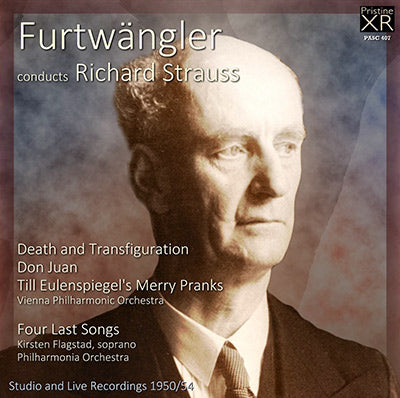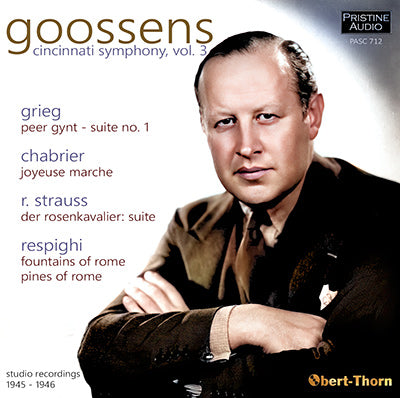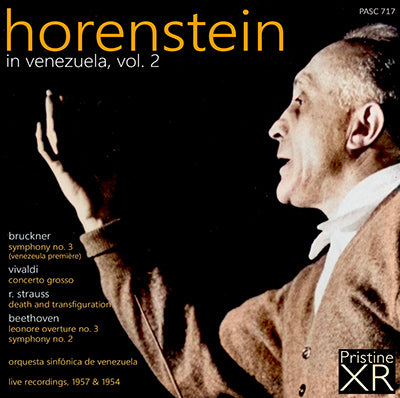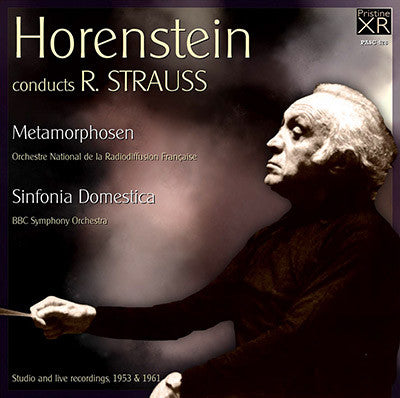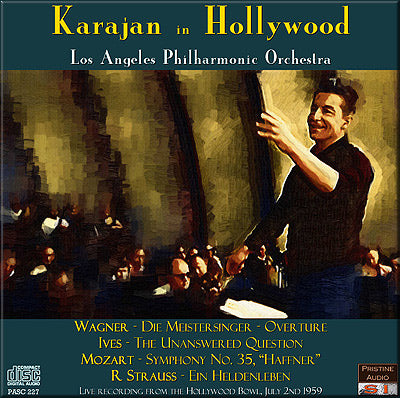Strauss R
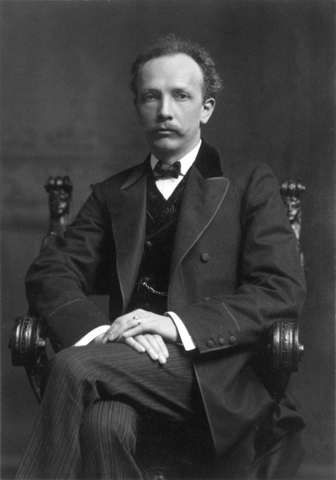
Richard Georg Strauss (11 June 1864 – 8 September 1949) was a leading German composer of the late Romantic and early modern eras. He is known for his operas, which include Der Rosenkavalier, Elektra, Die Frau ohne Schatten and Salome; his Lieder, especially his Four Last Songs; his tone poems, including Don Juan, Death and Transfiguration, Till Eulenspiegel's Merry Pranks, Also sprach Zarathustra, Ein Heldenleben, Symphonia Domestica, and An Alpine Symphony; and other instrumental works such as Metamorphosen and his Oboe Concerto. Strauss was also a prominent conductor in Western Europe and the Americas, enjoying quasi-celebrity status as his compositions became standards of orchestral and operatic repertoire.
Strauss, along with Gustav Mahler, represents the late flowering of German Romanticism after Richard Wagner, in which pioneering subtleties of orchestration are combined with an advanced harmonic style.
Strauss's late works, modelled on "the divine Mozart at the end of a life full of thankfulness," are widely considered by music critics as the greatest works by any octogenarian composer. Strauss himself declared in 1947 with characteristic self-deprecation: "I may not be a first-rate composer, but I am a first-class second-rate composer." The Canadian pianist Glenn Gould described Strauss in 1962 as "the greatest musical figure who has lived in this century."
Until the 1980s, Strauss was regarded by some post-modern musicologists as a conservative, backward-looking composer, but re-examination of and new research on the composer has re-evaluated his place as that of a modernist, albeit one who still utilized and sometimes revered tonality and lush orchestration. Strauss is noted for his pioneering subtleties of orchestration, combined with an advanced harmonic style; when he first played Strauss at a university production of Ariadne auf Naxos, the conductor Mark Elder "was flabbergasted. I had no idea music could do the things he was doing with harmony and melody."
Strauss's music had a considerable influence on composers at the start of the 20th century. Bela Bartók heard Also sprach Zarathustra in 1902, and later said that the work "contained the seeds for a new life"; a Straussian influence is clearly present in his works of that period, including his First String Quartet, Kossuth, and Bluebeard's Castle. Karol Szymanowski was also greatly influenced by Strauss, reflected in such pieces as his Concert Overture and his first and second symphonies, and his opera Hagith which was modeled after Salome. English composers were also influenced by Strauss, from Edward Elgar in his concert overture In the South (Alassio) and other works[38] to Benjamin Britten in his opera writing. Many contemporary composers recognise a debt to Strauss, including John Adams and John Corigliano.

Strauss R
Richard Georg Strauss (11 June 1864 – 8 September 1949) was a leading German composer of the late Romantic and early modern eras. He is known for his operas, which include Der Rosenkavalier, Elektra, Die Frau ohne Schatten and Salome; his Lieder, especially his Four Last Songs; his tone poems, including Don Juan, Death and Transfiguration, Till Eulenspiegel's Merry Pranks, Also sprach Zarathustra, Ein Heldenleben, Symphonia Domestica, and A...
R. STRAUSS Don Juan
R. STRAUSS Till Eulenspiegels lustige Streiche
R. STRAUSS Symphonia Domestica
Broadcast concert recordings, 1942-44
Total duration: 75:06
Berlin Philharmonic Orchestra
conducted by Wilhelm Furtwängler
R. Strauss Don Juan, Op. 20
R. Strauss Till Eulenspiegels lustige Streiche, Op. 28
R. Strauss Vier letzte Lieder, Op. post.
Studio and live recordings · 1950/54
Total duration: 79:57
Vienna Philharmonic Orchestra
Philharmonia Orchestra
Kirsten Flagstad, soprano
GRIEG Peer Gynt – Suite No. 1
CHABRIER Joyeuse Marche
R. STRAUSS (arr. Dorati) Suite from Der Rosenkavalier
RESPIGHI Fountains of Rome
RESPIGHI Pines of Rome
Studio recordings, 1945-46
Total duration: 74:30
Cincinatti Symphony Orchestra
conducted by Eugene Goossens
BRUCKNER Symphony No. 3
BEETHOVEN Symphony No. 2
BEETHOVEN Leonore Overture No. 3
R. STRAUSS Death and Transfiguration
VIVALDI Concerto Grosso in D minor
Live recordings, 1957 and 1954
Total duration: 2hr 16:42
Orquesta Sinfónica de Venezuela
conducted by Jascha Horenstein
R. STRAUSS Metamorphosen
R. STRAUSS Sinfonica Domestica
Studio and live recordings · 1953 and 1961
Total duration: 71:20
Orchestre National de la Radiodiffusion Française
BBC Symphony Orchestra
STAFFORD SMITH The Star Spangled Banner
WAGNER Die Meistersinger von Nürnberg - Overture
IVES The Unanswered Question
MOZART Symphony No. 35 'Haffner'
R. STRAUSS Ein Heldenleben
Recorded live in 1959, Hollywood
Total duration: 79:29
Los Angeles Philharmonic Orchestra
conductor Herbert von Karajan


